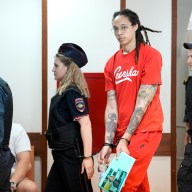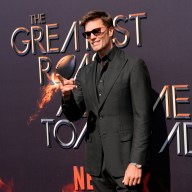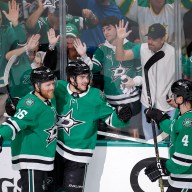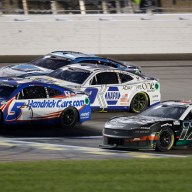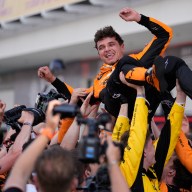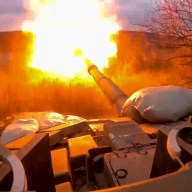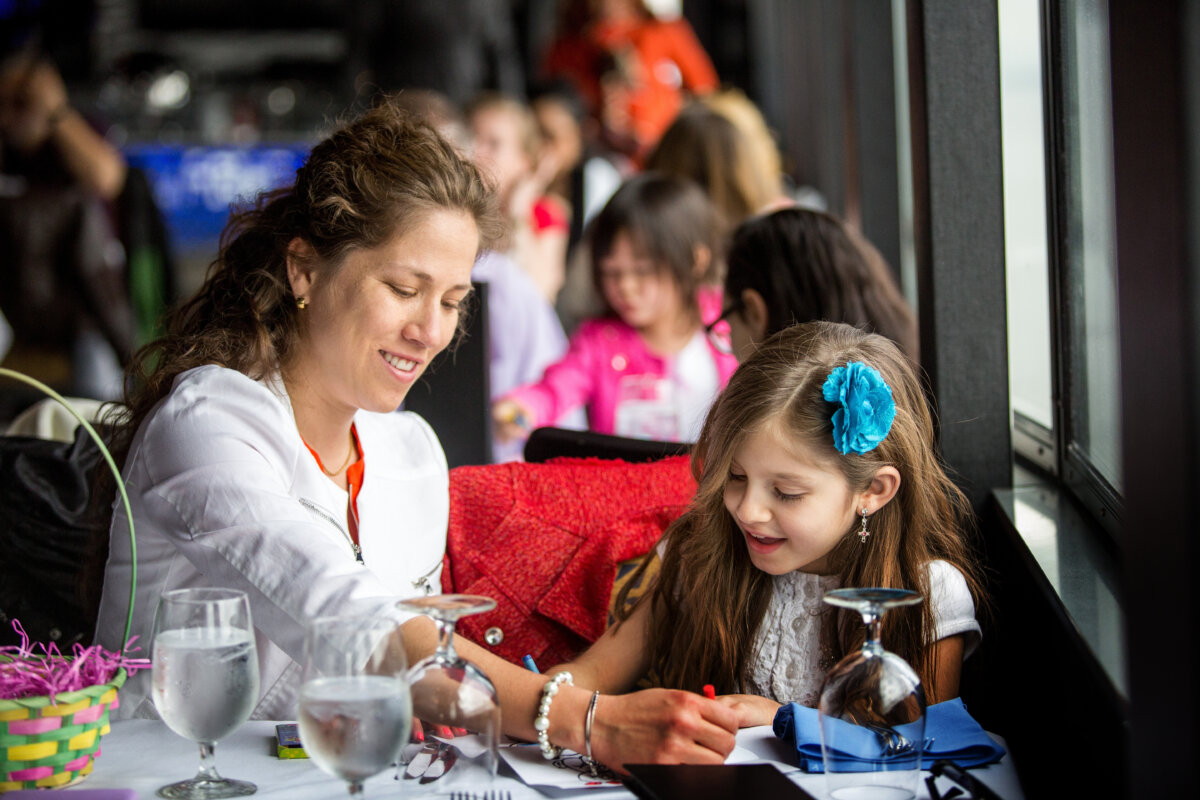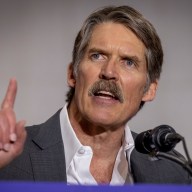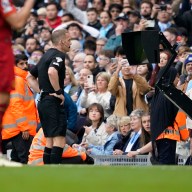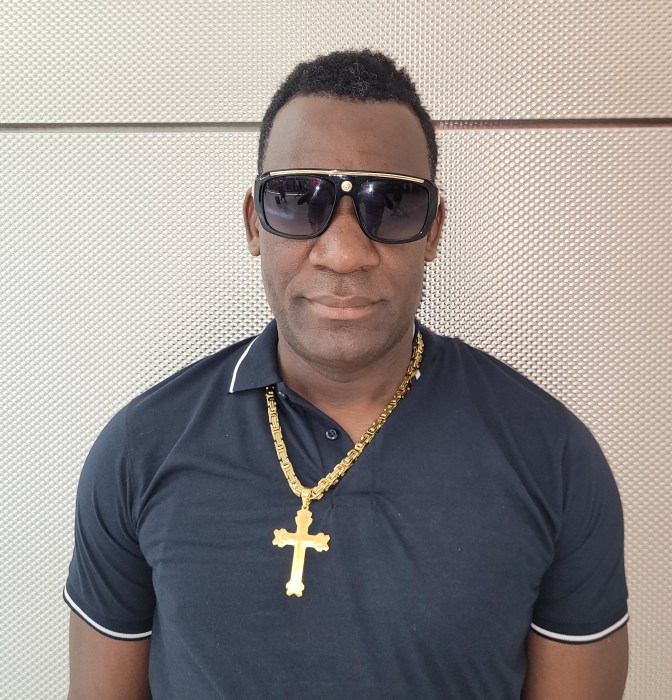“Office Christmas Party” might be fun to watch, but it wasn’t always fun to make. After all, it’s a party movie. Set at the struggling Chicago wing of an Internet server firm, it depicts a particularly raucous holiday soiree. Actors like Jason Bateman, Olivia Munn, Kate McKinnon, T.J. Miller and, in particular, “The People vs. O.J. Simpson”’s usually serious Courtney B. Vance look like they’re having the time of their lives. But director Will Speck and Josh Gordon had to work. They had to make three months of shooting blend seamlessly into each other. That meant keeping track of where in the party they were each and every day and dealing with hundreds of extras. They had fun, they said, but it was still a challenge. Speck and Gordon talk to us about dealing with a cast of hundreds, making a comedy that looked good and why they chose Chicago.
Filmmakers often say shooting even a single party scene is difficult. But that must be a bear to shoot a movie where over half the length is devoted to a party. RELATED: Interview: T.J. Miller on “Office Christmas Party” and how you can still party after 30 And you have a ton of extras to deal with. There’s a lot of people who could ruin a take or be distracting. How did you direct the extras once you were shooting? Despite being a comedy with lots of ad-libbing, your film still has a very “cinematic” look. A lot of times with comedy, the style is very plain and drab. But there are a number of filmmakers who make comedies that still have a sense of the cinematic. Did you treat your actors the same way? It seems they grounded their characters in character, not just gags. Courtney B. Vance, whose character eventually goes wild, is someone who doesn’t do much comedy — or any, possibly. He seems to have enjoyed it. The Chicago setting seems to have been chosen on purpose. It’s not just a random any city. Chicago has a singular character to it. Friends who live there say it’s the coldest place on earth. That’s obviously not true. Follow Matt Prigge on Twitter @mattprigge
Josh Gordon: It’s always a challenge, because parties have their own rhythm. When you’re directing one, you’re kind of in the weeds. You show up every day with 400 people, trying to remember where you are in the party and where the character arcs are at. It’s a little like making a war movie: You’re hacking through these large crowd scenes and trying to sustain the energy you created, without peaking too soon.
Gordon: We decided to cast all of the extras, which is not something you usually do. We had an audition like in “A Chorus Line” — large casting calls. We saw how people danced and actually grouped people into departments.
Gordon: We gave them a lot of drugs. [Laughs] We were very hands-on. There’s nothing worse than bad dancing in the back of a party, or extras overdoing it. We were careful about balancing the mayhem in the background with the mayhem in the foreground. It’s a very physical kind of shooting, because you really are in it every day for two-and-a-half months. Every day was a bit like “Groundhog Day”: You show up in the morning and it was like a nightclub, and you go, “OK, where were we?”
Gordon: Will and I bonded over a lot of the same movies when we were coming up. They tended to be comedies that seemed directed, everything from “Tootsie” to John Landis’ films, like “Blues Brothers” or “Trading Places,” and even films like “Risky Business.” What we wanted to do was create a large scale for the movie. We decided to shoot it with anamorphic lenses, which are lenses from the ’70s, that give it a larger scale and scope. It goes back to the old rule of shooting comedies a little bit like dramas, and try to make them funny that way.
Will Speck: We wanted everyone to be rooted in some version of reality, so when things go off the hook, the audience feels that a) they didn’t see it coming, and b) they feel they’ve related to everyone and identify themselves in them. That’s what’s driving the interest in the movie, much moreso than cartoon characters that don’t make any sense.
Speck: For that role, because he plays a client they need to land [to save their branch], we wanted him to feel like an enigma, not only for our characters but for the audience. Like, “Who is this guy and is he going to be convinced?” It was important for us to not have an actor who you recognized in the comedic space, but someone that felt like they had an intense dramatic energy, so you don’t see it coming.
Speck: He was really game. He said, “Look, this is not the space I traffic in. So I trust you guys to just guide me and tell me where to go.” So when we said, “Go up there and stand on the edge of the balcony and almost kill yourself,” he was like, “Great!” [Laughs]
Gordon: It’s a great underdog city. It has its own subversive brand of humor, what with Second City. We haven’t seen Chicago in a lot of films lately. It’s become a more expensive place to shoot in. And it’s just a great looking city to film. It’s also a hard place to spend the winter. [Laughs]
Speck: Not true, but it feels like it.
The makers of ‘Office Christmas Party’ on how to direct a rager
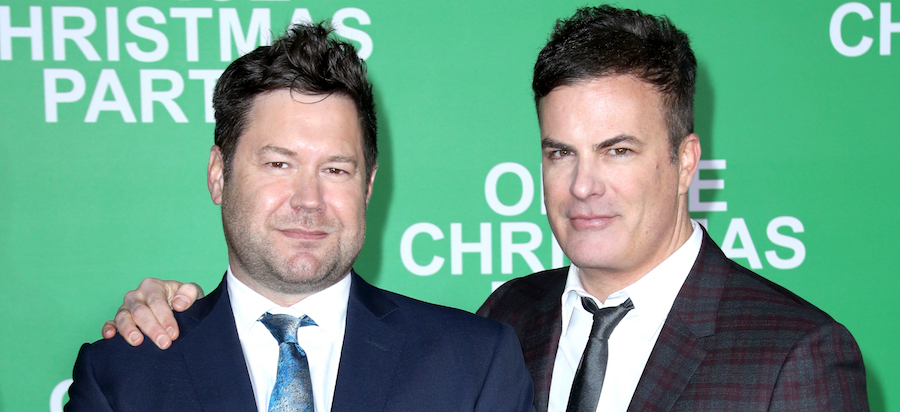
Getty Images

